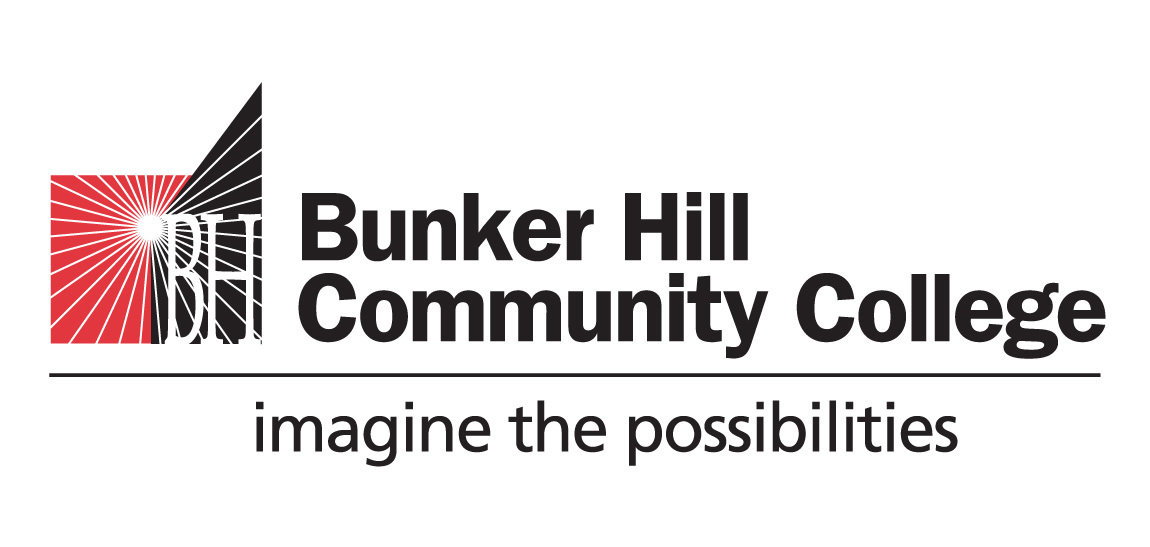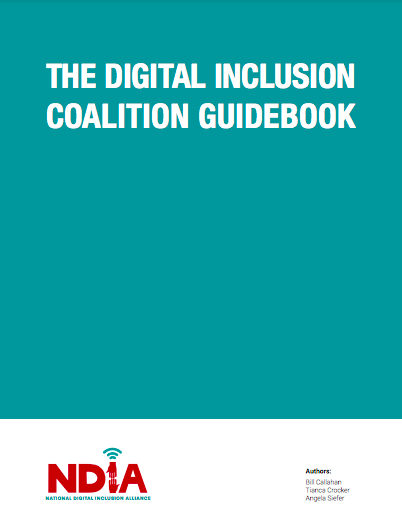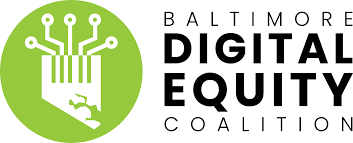MBI Investment Opportunities
Issue to address:
-
Lack of capacity at the community scale to address or engage in digital access issues.
-
Extracurricular and internship opportunities lacking due to COVID
-
Activate community college students within their communities
-
Community Coordinators act as liaisons, leaders and network members for organizations to engage in digital equity work
-
Connect digital equity issues with organizations’ mission,
-
Create opportunities for community members and staff to engage in digital equity work
-
Build a network of individuals working in the space
-
Potential Intervention:
Community Coordinator Training






Why Community Colleges?
- Existing computer science/networking programs
- Student body from the community
- Existing community relationships
- Technical capacity, faculty support, and resources


Computer science faculty recruit 2 -5 students to participate in CTNY training, as part of internship for municipality or other entities.
In addition to other Digital Equity tasks for host organization, the intern will work to produce one or more of these outcomes:
- Host events to share information and organize community members
- Coalesce support for Digital Equity efforts
- Begin building a community network
Program Description
Issue to address:
- Lack of capacity in our region to investigate and address the digital equity needs of communities.
- Almost all organizations that support the community face this challenge:
- Municipal government
- Schools, Libraries
- Community-based organizations
- Digital Inclusion organizations
- Support for the development of new strategic program alignments.
- Improve factual understanding of the community’s digital inclusion needs and resources
- Recommend policy and investment goals to decision makers
- Provide public education and advocacy regarding the community’s digital divide, why it matters and how to overcome it
- Share resources, program information, digital literacy instructors
- Identify volunteer needs and placement opportunities for digital literacy work
- Promote programs that promote digital literacy and equitable Internet access
- Promote professional development for local digital inclusion practitioners.
Potential Intervention:
Digital Equity Coalition

Why a Coalition?
- With incoming federal and state funds, MBI and other parties responsible for assigning these funds need to hear the priorities of the communities that they serve.
- A Digital Equity Coalition could inform the creation of a Massachusetts Digital Equity Plan, a requirement of the NTIA for funding.
- Many different sectors must work together to solve the digital equity issue and a coalition could be an important step in coordinating those efforts.
Program description:
The lead organization will host a series of meetings, tours and events to motivate and engage community members in working towards Digital Equity.
Upon forming the Coalition, a strategic plan will be created, including timelines, processes and goals.



- Libraries
- Private technology companies
- Digital inclusion nonprofits
- Neighborhood associations
- Financial institutions
- Public-housing authorities
- Civil rights organizations
- K-12 education and Higher education institutions
- Health organizations
- Media and arts organizations
- Workforce development organizations
- Faith-based organizations
- Internet service providers (ISPs)
- Community economic development organizations
- Local government (i.e., city and county)
- Funders